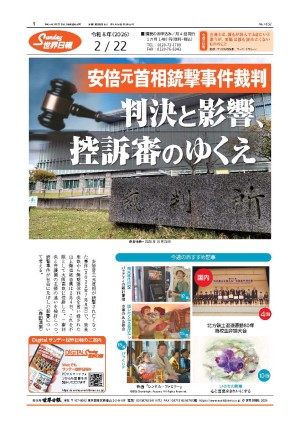遺骨返還を通して贖いについて考える Redemption through repatriation
アブラハム・リンカーンは、戦場での死は「最大限の死力を尽くしての献身」と描写したが、そのような死を遂げる兵士らは、国がささげることのできる最高の栄誉に値する。基本的な栄誉は威厳のある葬儀である。その権利と栄誉は長い間、韓国で倒れた数千人もの人々に拒まれてきた。北朝鮮は、長年消息不明の息子たちの遺骨をついに返還することによって、米国人の良心のふさがらない傷口を癒やすことができるのだ。
...【全文を読む】







